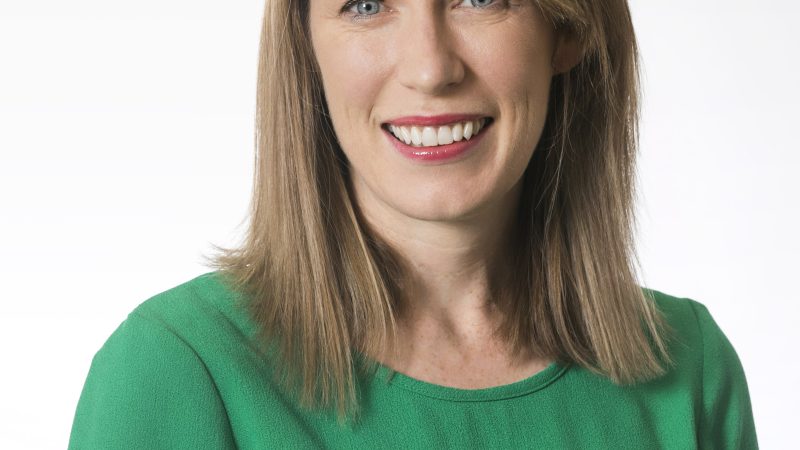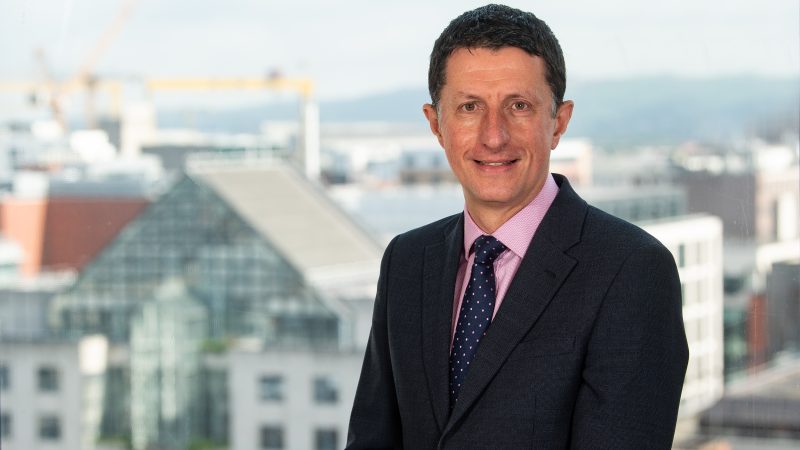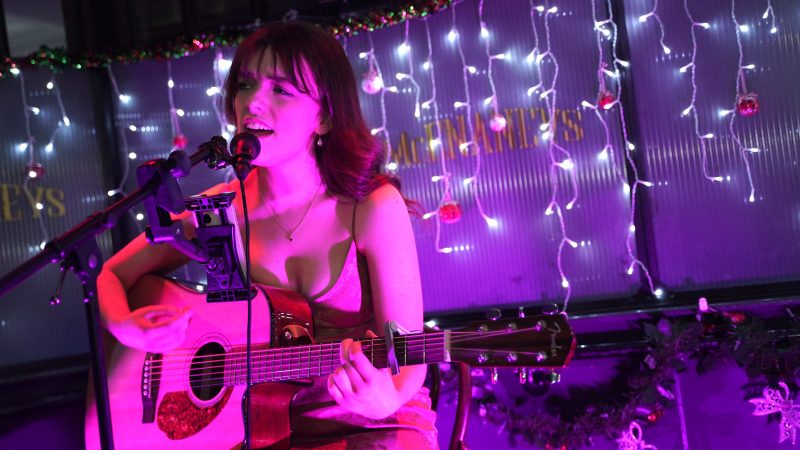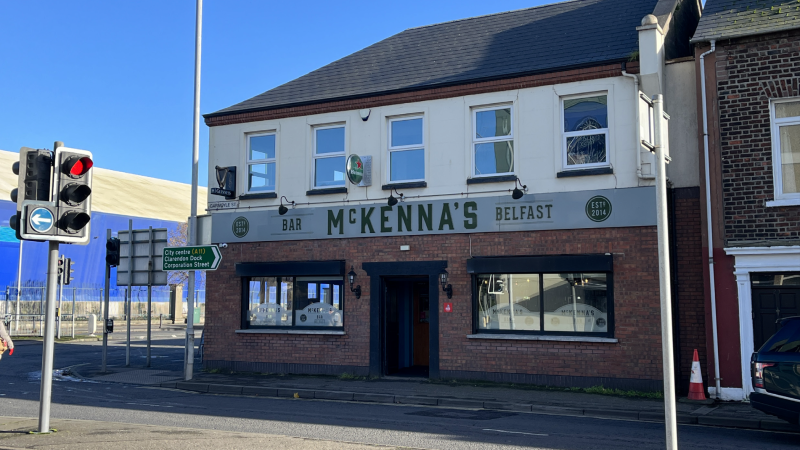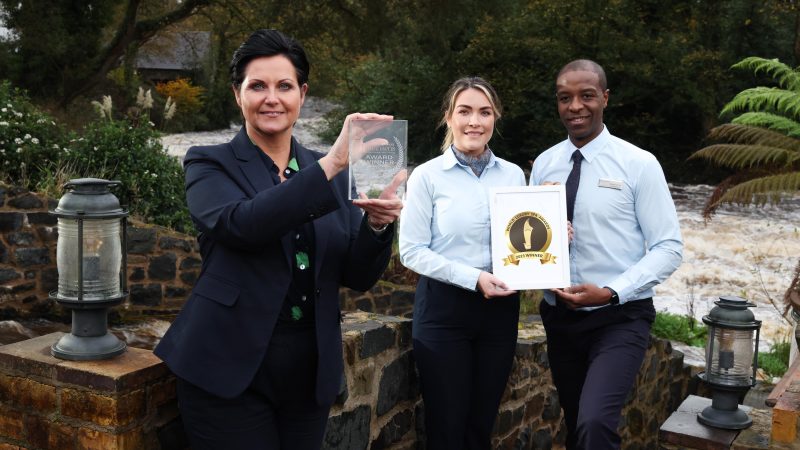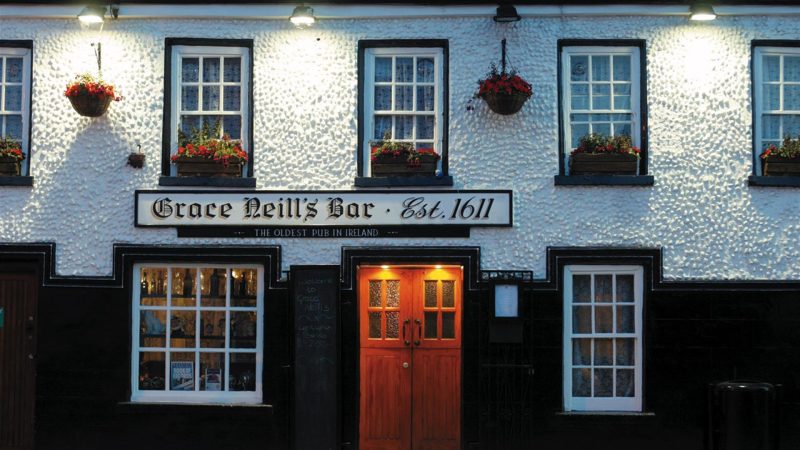Speaking up for tourism
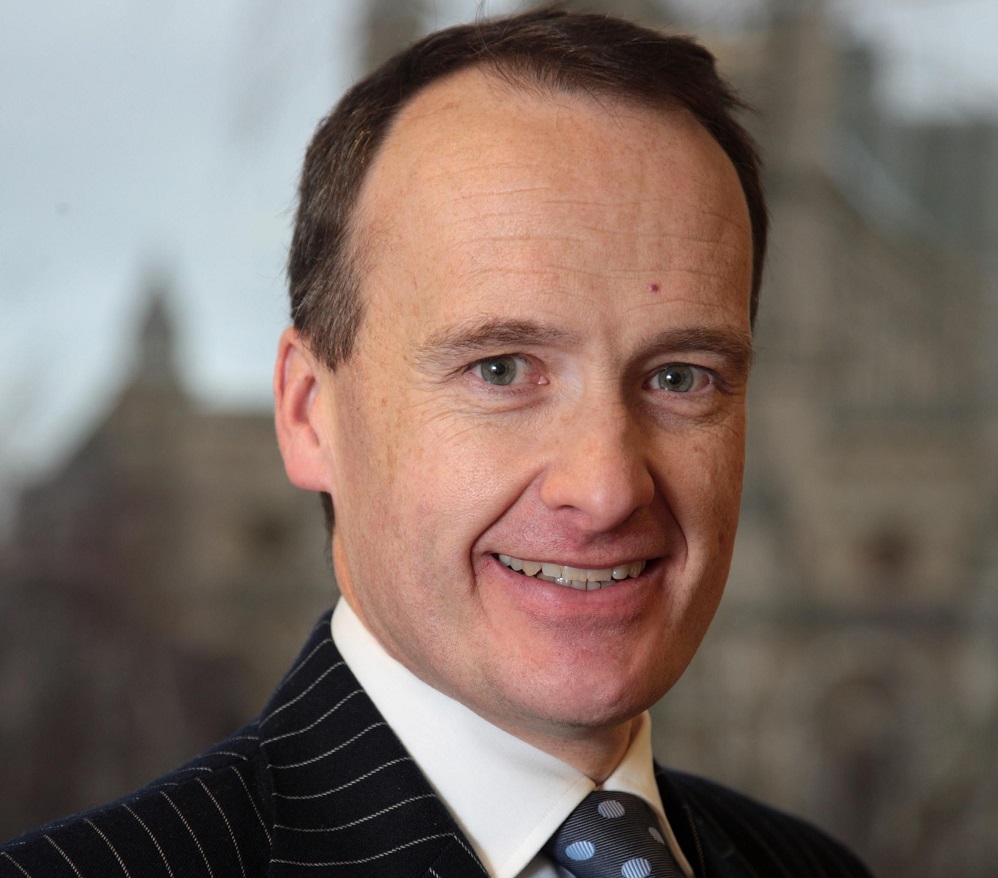
Howard Hastings OBE, who steps down shortly as chairman of Tourism Northern Ireland, has been with the agency through the most successful and productive phase of its history. Widely regarded for his passionate advocacy on behalf of the industry, he’s been telling Russell Campbell what the last six years have meant to him.
Howard Hastings, the outgoing chairman of Tourism Northern Ireland who will shortly step down from the post after six years, says that his experience of the industry may have given him an advantage that his predecessors would have lacked.
Howard, who has chaired Tourism NI (formerly the Northern Ireland Tourist Board) for two terms since his initial appointment in 2009, is also managing director of the Hastings Hotel Group.
During his time with the agency, he was involved in launching the seminal NI2012 Our Time, Our Place marketing campaign and he saw a series of high profile Signature schemes put in place, including the long-awaited £18.5m Giant’s Causeway Visitors’ Centre on the north coast and the Titanic Belfast exhibition centre.
Speaking to LCN recently, Howard revealed that he felt that he had been “lucky” throughout his tenure with NITB/Tourism NI – they were really exciting times for all of us, he said – but he went on to acknowledge that the circumstances in which he worked had been infinitely preferable to those endured by his predecessors.
Conceding the obvious boon provided by the end of the Troubles, Howard also recalled that Tom McGrath, who took the NITB chair in 2003, had worked with no fewer than six direct rule ministers in as many years during his time in post.
And he went on:
“I think that something else which made the difference for me was that I came from the industry and the people who came before me did not. I think that my predecessors may have struggled a little with the complexities of an industry that they were not from and I think that my own experience made things a lot easier for me.”
Howard is no stranger to high profile business roles. In the past, he has chaired the Institute of Directors in Northern Ireland and the NI Hotels Federation and his long list of public appointments have included Investors in People and the Tourism and Hospitality Training Council. In 2011, he was awarded an honorary doctorate by the University of Ulster and in June last year, he collected an OBE at Buckingham Palace for services to tourism and hospitality.
Known for his good-natured ebullience, Howard is out-spoken and enthusiastic in his promotion of the tourism sector in Northern Ireland and he is widely acknowledged as one of its greatest advocates.
He does admit, however, that there was one aspect of the recent renaissance in tourism here that no-one in the board had been prepared for:
“One thing that we hadn’t really foreseen…was the outpouring of civic pride, everyone wanted to be a part of what was going on,” he recalls. “The Giro [D’Italia] was just fantastic and with NI2012, people really got behind the Our Time, Our Place logo. That feeling of pride that people had was a positive message but it just wasn’t something that any of us had really envisaged.
“I think it speaks to a sector that truly is apolitical and I think that it is one of the really nice things about all of this, the support that we have had from all shades of opinion.”
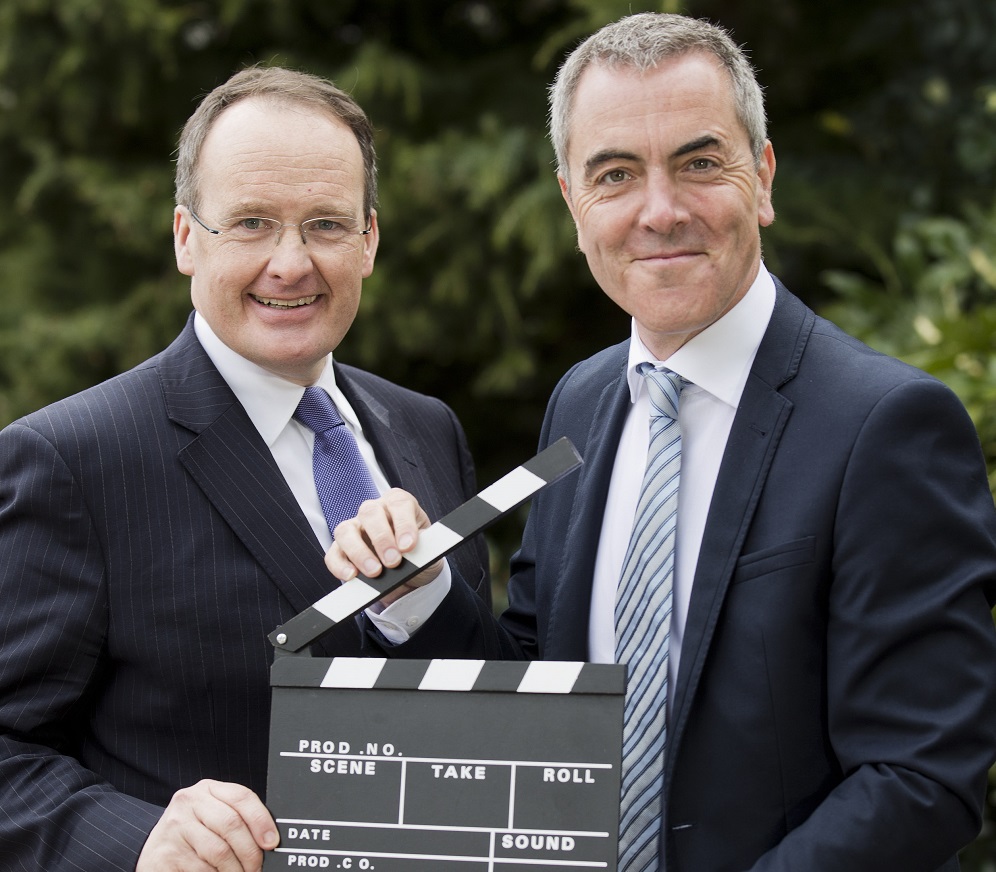
The agency was most recently in the news when it adopted its new moniker – Tourism NI – following a recommendation in last year’s Hunter Report. Howard says that he understands the change is an attempt to link the tourism sector more closely with inward investment and growth:
“To have Tourism NI sitting alongside the likes of Invest NI creates a very natural kind of synergy, a family of organisations,” he says. “I also think that it’s in the nature of things that ‘boards’ are nowadays seen as being very much things of the 50s and 60s, the ‘man from the Ministry’, that kind of thing.”
It marks the evolution of an organisation that has been at the centre of Northern Ireland’s elevation onto the world stage as a destination fit to host world-famous golf and cycle races and even the coveted MTV Awards.
Howard jokes about the experience of being introduced to the likes of David Hasselhoff and Justin Bieber, but he also recalls bittersweet experiences such as his encounter with the former Crimean President, Viktor Yanukovich, just weeks before he was deposed.
“Ironically, they were here to look at ways in which they could grow their own tourist economy,” he says. “But a couple of months later he was gone and the events in the Ukraine had kicked off. It reminded me of how fragile things can be.”
That unpredictability was evident closer to home as well when protests over the removal of the Union flag from the city hall in Belfast hit Christmas trade in the retail and hospitality sectors. Howard condemns the demonstrations as “deeply irritating”:
“It only takes the slightest deviation from the positive message for consumers to have a change of mindset and decide that they don’t want to spend their hard-earned money here,” he adds. “The year of the flag protests was awful and the year after that was awful, but now we’re two years on and it hasn’t been repeated, it’s moving to the back of people’s minds again.”
That’s reflected in the burgeoning number of cruise ships berthing at Belfast during the year – in 1996, around 30,000 passengers visited the city and by last year, that figure had grown to 100,000:
“Oddly enough, we’re now the beneficiaries of being one of the safer places in the world to visit, now that fewer Americans are travelling to the Middle East,” remarks Howard.
Generally though, he regrets little about his time as chairman – the positive events that marked his tenure are sufficient to outweigh the difficulties, he says.
But he is concerned about securing future marketing budgets given the straitened nature of public sector finances at present – he acknowledges “phenomenal levels” of spend on capital projects such as the Giant’s Causeway Visitors’ Centre, but contends that this must be matched by sustained advertising budgets:
“People are critical when they read that there are 2.5 million people in the Republic who have never overnighted in Northern Ireland,” he says. “And there are really good reasons for them to want to do this, but if you cut the marketing spend, then we’re depriving ourselves of the means to go out and tell people what they are.”
He concedes that sometimes those whose fingers hold the purse strings don’t always see the value of that investment – particularly when they can’t see the billboards that carry the advertisements – and he adds:
“It’s a difficult situation for any jurisdiction, but the thing is this. If you do believe that cuts in civil service jobs will be reflected by growth in private sector positions, then a good number of those jobs are going to be in sectors such as hospitality, so it is almost a necessity that we continue to invest in the product and the marketing of it.”
When the former chief executive of the Northern Ireland Tourist Board, Alan Clarke, spoke to LCN on his retirement last August, he pointed out that in 2015/16, Northern Ireland will lose European funding for marketing. Half of the money used to market the province comes from that source and Mr. Clarke conceded that the end of the aid would be a “big blow” for Northern Ireland.
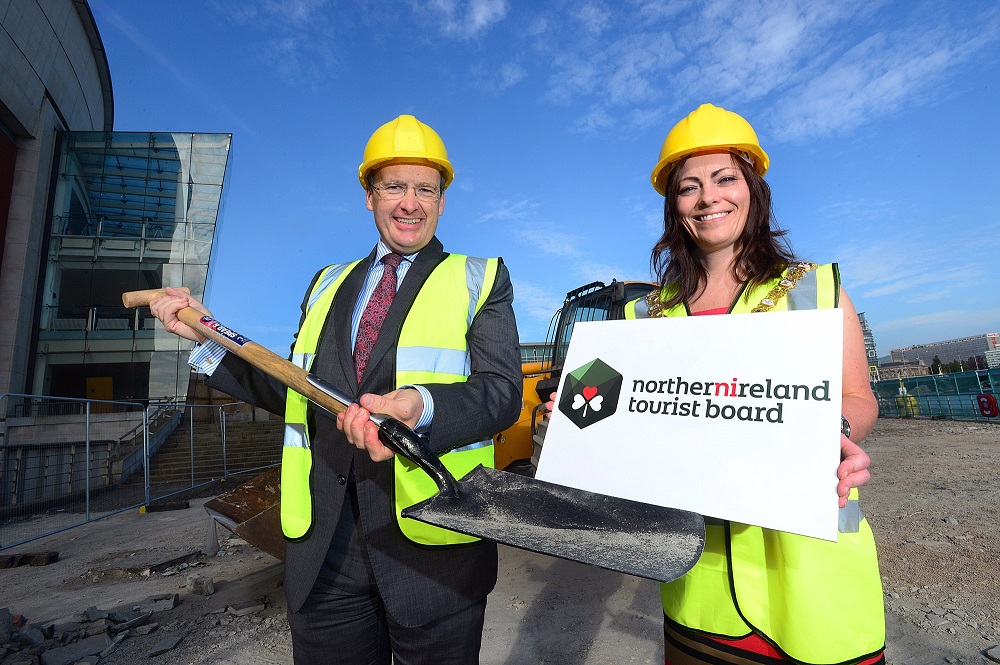
Like most people in the hospitality sector, Howard is keen to see VAT for the industry brought into line with the Republic and in terms of priorities, he believes that Tourism NI should focus on securing more access to Northern Ireland by continental airlines – around 97 per cent of the current traffic onto the island currently is landing at Dublin:
“That’s not fatal, much of it ends up coming here anyway, but with the really good infrastructure that we have here, we would like to see more of a direct benefit,” says Howard, who acknowledges that Air Passenger Duty in the north remains a major hindrance when it comes to attracting new airline operators.
Howard is also looking forward to plans for the Year of Food in Northern Ireland in 2016:
“When we were less experienced, we brought in the likes of MTV, the Irish Open and the Giro. We paid a big fee for someone to bring their circus to town,” he says. “At what point do we say, we’re a mature enough society that we don’t need to rely on someone else’s circus, we can create something of our own?”
The Year of Food will see the focus turned squarely on food tourism – a sector that already generates £350m a year for the local economy. Good food-related events throughout Northern Ireland will be promoted and facilitated to develop during 2016.
As for Howard himself, he says that he has plenty to keep him busy as he bows out of his Tourism NI duties, including a house-building project:
“I also have six general managers at our own hotels who are starting to look a little worried, now that I’m going to have a little more spare time on my hands,” he adds.
Untapped potential in the all-Ireland model…
When Alan Clarke, the former chief executive of the NITB, was standing down from his role in the autumn of last year, he told LCN that he believed Northern Ireland was still struggling to be heard within the context of the all-Ireland promotional brand.
Addressing the same issue, Howard Hastings said that he felt that there was still potential that remained to be tapped within Tourism NI’s relationship with Tourism Ireland, the body which promotes the island of Ireland in overseas markets:
“At times we get knocked off course by things like the flag protests, at times we find ourselves at a competitive disadvantage, with things like the differential in VAT rates or Air Passenger Duty,” he added.
“All these issues create barriers to us fulfilling our economic potential in the overseas markets where we are represented by Tourism Ireland. But the institutional relationships that set up Tourism Ireland are here to stay and we need to work them as hard as we can in order to release their potential.”


